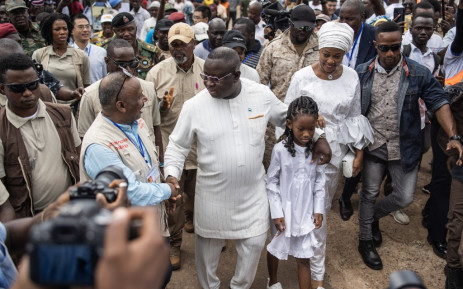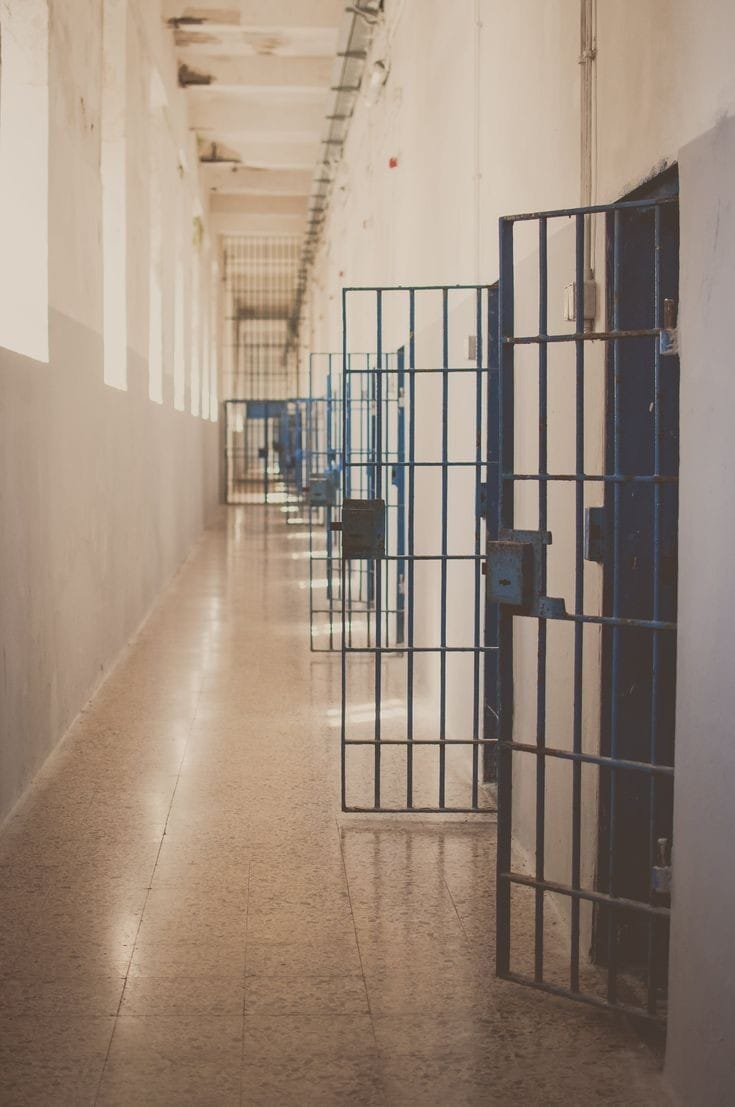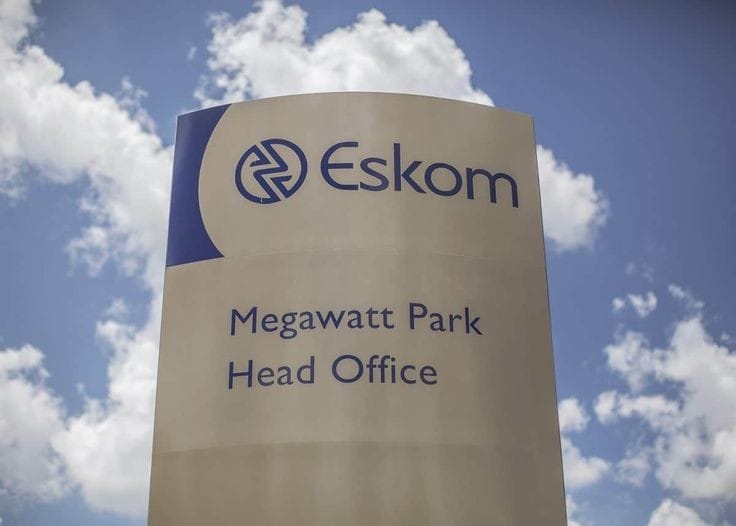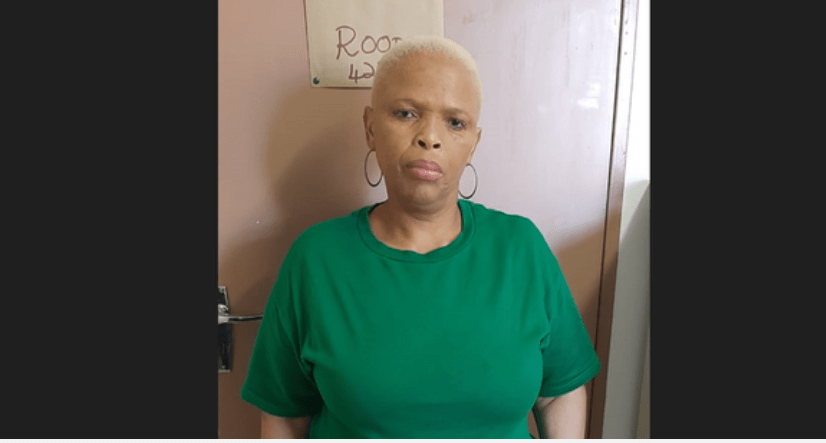The presidential election in Sierra Leone has been marked by controversy and disputes, as President Julius Maada Bio appears to be leading the race with 60% of votes counted, according to the electoral commission. This outcome is being challenged by the opposition party, which claims that the electoral process lacks inclusiveness, transparency, and responsibility. The opposition alleges that the results are fabricated and refuses to accept them, denouncing a lack of information regarding the source of the ballots. Amidst the dispute, European Union observers have criticized the electoral authority for a lack of transparency and communication, leading to mistrust in the process. Additionally, reports of violence at polling stations have further marred the election, with clashes and incidents of live ammunition in various regions. As the country awaits the final results within 48 hours, tensions remain high, and concerns about the integrity of the electoral process persist.
The incumbent President, Julius Maada Bio, has garnered 55.86% of the votes counted, surpassing the 55% threshold required for victory in the first round of voting held on Saturday. Bio’s main rival, Samura Kamara, trails behind with 41.53% of the ballots cast. The electoral commission chief, Mohamed Kenewui Konneh, has promised to release the final results within 48 hours. However, the opposition All People’s Congress (APC) has raised serious objections, questioning the legitimacy of the results due to a lack of transparency and alleged irregularities by the electoral commission. The APC asserts that the information about the origin of the ballots has not been provided, and it refuses to accept what it considers to be manipulated and fraudulent outcomes.
European Union observers have also expressed concerns about the lack of transparency and communication exhibited by the electoral authority. Their report highlights incidents of violence at polling stations during the voting process and during the closing and counting stages. Reports of violent incidents involving live ammunition in certain districts have raised alarm and further eroded public confidence in the integrity of the election. Despite these challenges, the international and citizen observer groups have noted that the majority of the voting on Saturday was peaceful, contrasting with the sporadic incidents of political violence that have historically plagued Sierra Leonean election campaigns.
The opposition’s discontent with the electoral process is compounded by the violent incident that occurred at the APC headquarters in Freetown on Sunday night. Security forces clashed with opposition supporters, leading to the death of a woman, according to Sidie Yahya Tunis, a spokesman for the APC. The police claim that tear gas canisters were used to disperse the crowd, but they did not confirm the reported fatality. The tragic event has left the woman’s son devastated and calling for justice, while the APC demands accountability for the incident.
The aftermath of the violence has left the capital city tense and grieving. Witnesses describe scenes of horror, with bloodstains and bullet holes visible within the APC headquarters. The impact of the violence on the local population is significant, as individuals recall the terrifying experience and express their trauma. The return of calm to the capital is a small respite, but the wounds inflicted by the clashes and the broader electoral dispute continue to reverberate throughout the nation.
Sierra Leone finds itself in the midst of a contentious presidential election, with President Julius Maada Bio seemingly in the lead but facing opposition from the All People’s Congress (APC). The opposition party has raised serious concerns about the transparency and inclusiveness of the electoral process, refusing to accept the preliminary results and demanding more information about the origin of the ballots. International observers have also criticized the lack of transparency and communication displayed by the electoral authority. Moreover, violent incidents during the election, including the tragic death of a woman at the APC headquarters, have further heightened tensions and undermined the credibility of the process.
As the nation awaits the final results, it is crucial for all parties involved to prioritize dialogue and peaceful resolution. The electoral commission must address the concerns raised by the opposition and take immediate steps to enhance transparency, communication, and inclusiveness in the electoral process. It is essential to restore public trust and confidence in the democratic system of Sierra Leone. Regardless of the outcome, the country’s leaders must promote unity, respect for public order, and adherence to the rule of law. The peaceful resolution of this election is of utmost importance for the stability and progress of Sierra Leone.









